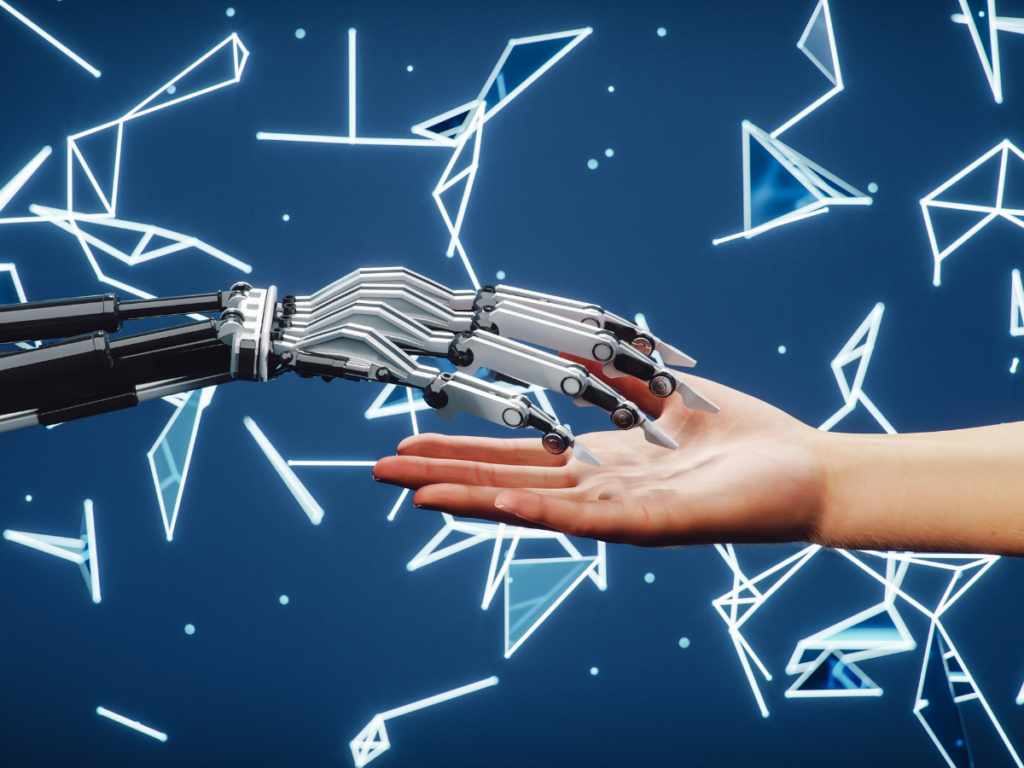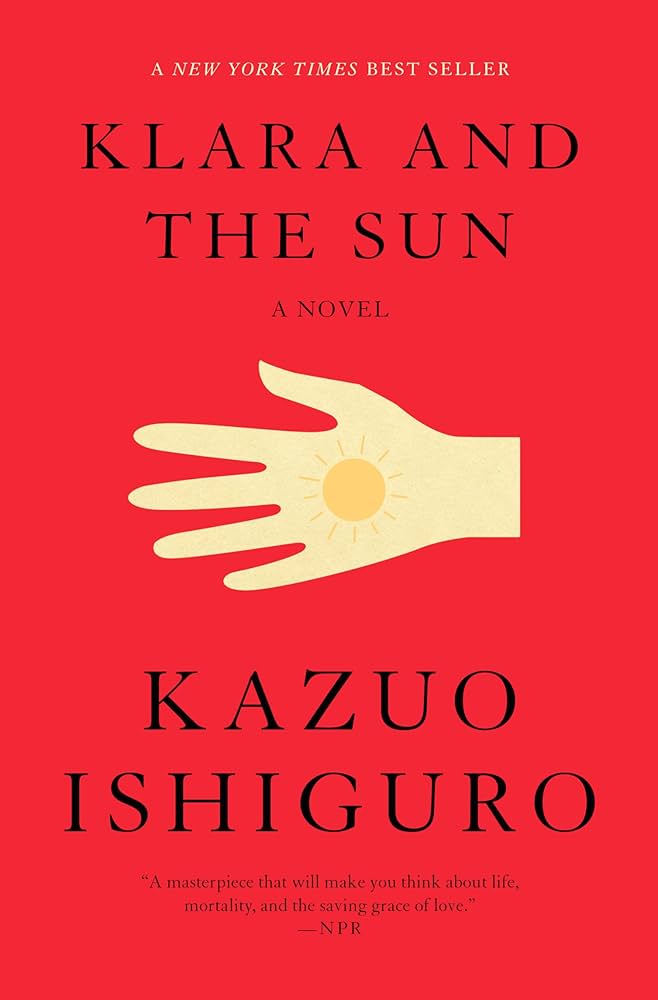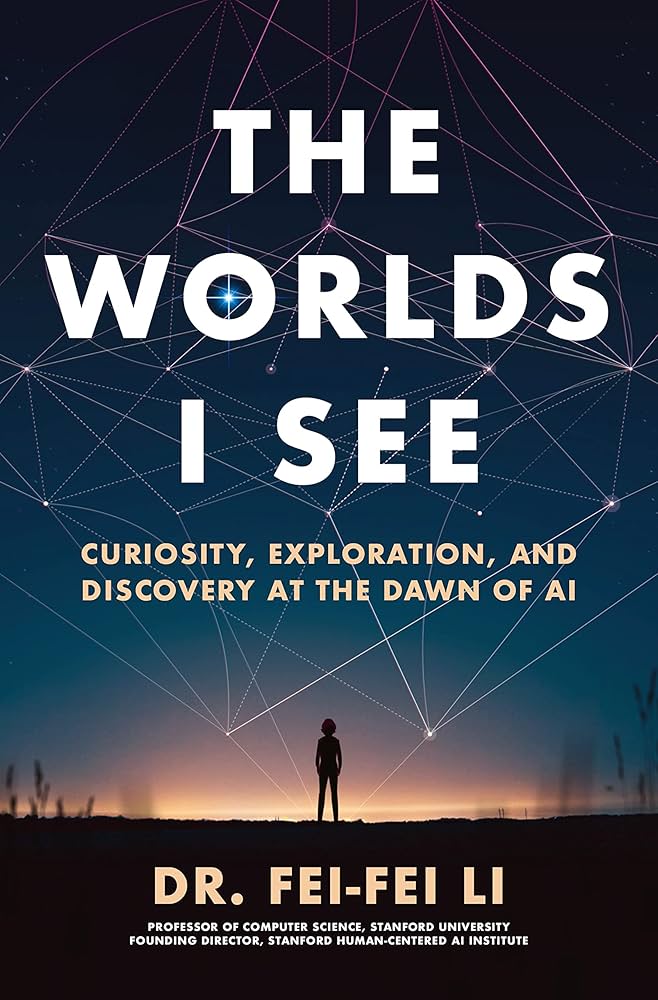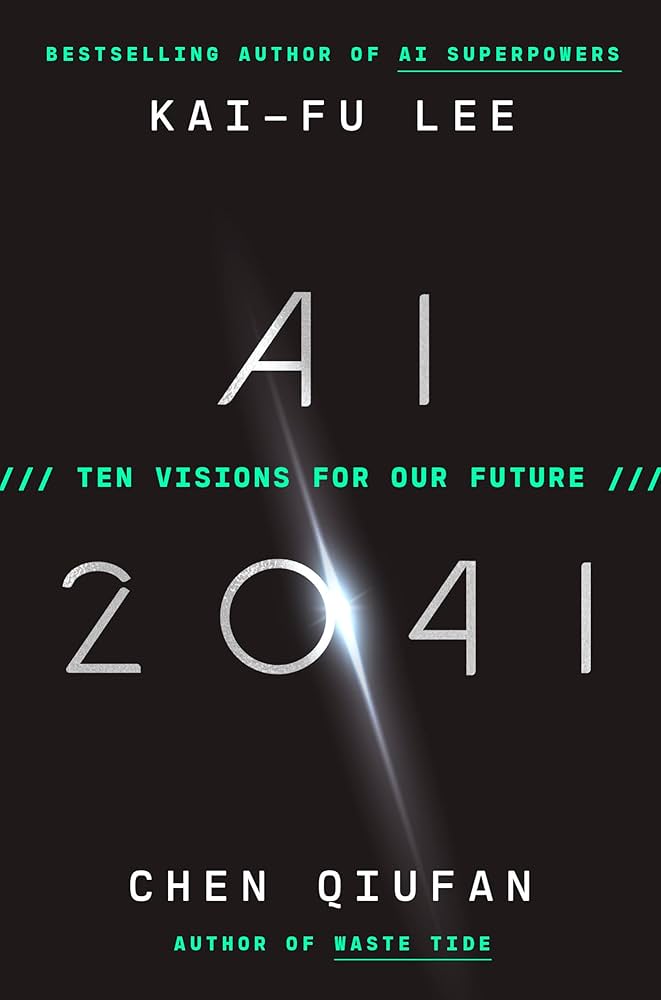
Artificial Intelligence is no longer just science fiction. It’s already part of our daily lives and will reshape the world even more in the coming years. Whether it’s jobs, education, or ethical questions, the 10 Best Books on AI will help you understand this transformative technology—and if you want to help shape the future, you can’t afford to ignore them.
But don’t worry: you don’t need to be a computer scientist to understand how AI works and what opportunities and risks it presents.
In this video, I’ll introduce you to 10 books that not only explain the technological foundations of AI but also explore how this technology could impact our lives in the years and decades to come. By the end, you’ll be well-prepared for any conversation about AI.
1. A Brief History of Intelligence: Why the Evolution of the Brain Holds the Key to the Future of AI by Max Solomon Bennett
In A Brief History of Intelligence, Max Solomon Bennett takes you on a journey through the evolution of the human brain, explaining its connection to artificial intelligence. The book starts with the origins of our cognitive abilities, from primitive nervous systems to complex human thinking.
Bennett shows that developing AI isn’t about replicating the human brain but drawing inspiration from evolution. You’ll learn why the brain is so efficient and how AI can learn from it. At the same time, the book raises the question of what makes us uniquely human and whether AI will ever truly match us.
2. Life 3.0: Being Human in the Age of Artificial Intelligence by Max Tegmark
In Life 3.0, Max Tegmark explores a future where AI doesn’t just create tools but thinks and acts independently. The title refers to three evolutionary stages of life:
- Life 1.0 is biological, like bacteria adapting to their environment.
- Life 2.0 is us, humans, who evolve culture and knowledge.
- Life 3.0 describes beings or machines capable of designing their own hardware and software.
Tegmark focuses on the societal, ethical, and political challenges of this third stage. What happens when AI surpasses human intelligence? Who controls these technologies, and how can we ensure they act for humanity’s benefit?
The book is unique in that Tegmark doesn’t spread fear but develops concrete scenarios. Imagine AI not only boosting productivity but also solving global problems like climate change. At the same time, he warns that the same technology could become dangerous in the wrong hands.
To be honest, Tegmark’s book sketches a pretty far-out future, imagining AI hundreds of years ahead. Still, it’s a fascinating thought experiment.

3. Klara and the Sun by Kazuo Ishiguro
Kazuo Ishiguro’s novel Klara and the Sun tells the story of Klara, a robot companion for a young girl. But Klara is more than just a robot. She observes, learns, and develops a surprising understanding of the people around her. At the same time, the question always lingers: Is this genuine empathy, or just a perfect simulation?
Through Klara’s eyes, we experience a world where the boundaries between humans and machines blur. The book’s strength lies in the questions it raises: Can machines truly develop empathy? What separates a robot like Klara from a human? And what happens when people form emotional bonds with machines?
Ishiguro avoids technical explanations, focusing instead on the intimate questions of human-AI interaction.
4. Nexus by Yuval Noah Harari
Yuval Noah Harari is known for tackling the big questions of our time, and Nexus is no exception. In this book, he explores how information networks have shaped societies from the Stone Age to the modern era. Harari examines the social, political, and ethical challenges posed by technologies like AI.
A central theme of the book is the power of big data and how it could change our understanding of freedom. Harari describes how AI can predict—and potentially manipulate—our decisions. He asks: What remains of human autonomy when machines understand us better than we understand ourselves?
Nexus is not a technical book but a historical-philosophical look at the challenges and opportunities awaiting us in an AI-driven world. If you liked Harari’s previous books, you won’t be disappointed by this one.

5. The Worlds I See: Curiosity, Exploration and Discovery at the Dawn of AI by Fei-Fei Li
In her autobiography, Fei-Fei Li shares her inspiring journey. Growing up in China, she moved to the U.S. as a teenager and climbed to the top of a male-dominated scientific field.
Her unique perspective as a woman from China makes this book stand out. Her work on the ImageNet project laid the foundation for many AI applications, from facial recognition to autonomous vehicles. But her book goes far beyond technical achievements.
Li addresses big questions: How can we ensure AI is not just efficient but also ethical? And why is it so important for people from diverse backgrounds to shape this technology?
6. The Science of the Artificial by Herbert Simon
Herbert Simon, a pioneer of artificial intelligence, offers a classic exploration of human-made artifacts in The Science of the Artificial. He explains that everything humans create—from simple tools to modern software—is designed to solve specific problems.
Simon introduces the concept of “bounded rationality,” describing how our decisions are often limited by incomplete information and resources. AI, he argues, can help overcome these limitations and enable better solutions.
7. Deep Utopia: Life and Meaning in a Solved World by Nick Bostrom
In Deep Utopia, Nick Bostrom asks: What happens when humanity’s biggest problems are solved? Imagine a world without climate change, disease, or poverty. Sounds perfect, right? But Bostrom shows that even a utopian world raises new questions: Where do we find meaning when all major challenges are gone?
The book combines philosophy and technology, encouraging us to think about the long-term consequences of AI—not just what it can solve but the new dilemmas it might create.
8. Co-Intelligence: Living and Working with AI by Ethan Mollick
Ethan Mollick explores how humans and AI can collaborate successfully—not as competitors but as partners. The book highlights how AI is revolutionizing work, from data analysis to creative processes.
What makes this book stand out as one of the 10 Best Books on AI are its practical examples. You’ll learn how AI tools can improve your workflows, whether it’s project management, data analysis, or creative tasks. At the same time, Mollick cautions against seeing AI as a cure-all, emphasizing the importance of critical thinking and human creativity.

9. AI 2041: Ten Visions for Our Future by Kai-Fu Lee and Chen Qiufan
This book combines science and fiction to illustrate how AI could transform our world. The authors present ten future scenarios based on real technological developments.
What makes AI 2041 special is its blend of well-researched facts and imaginative storytelling. Each story is paired with an analysis explaining how realistic the scenario is and the technologies that could make it possible.
10. Scary Smart: The Future of Artificial Intelligence and How You Can Save Our World by Mo Gawdat
Former Google X executive Mo Gawdat argues in Scary Smart that AI development is not just a technical issue but a human responsibility. He explains how AI is evolving rapidly and autonomously—a development with great potential but also significant risks.
What sets this book apart, earning its place among the 10 Best Books on AI, is Gawdat’s focus on morality. He emphasizes that AI reflects the values we instill in it, making it our responsibility to define those values consciously. Scary Smart is not a technical manual but a call to take responsibility and actively shape the future of AI development.
